Modified E. coli makes diesel on demand
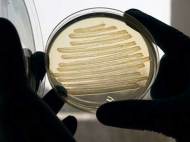 Collaboration between researchers at the University of Exeter and the researchers at the Shell Projects & Technology resulted with the development of a new technology for modifying certain strains of E. coli bacteria to produce diesel when needed. Although produced diesel is substantially similar to conventional diesel fuel, the method still confronts many challenges before it becomes used commercially.
Collaboration between researchers at the University of Exeter and the researchers at the Shell Projects & Technology resulted with the development of a new technology for modifying certain strains of E. coli bacteria to produce diesel when needed. Although produced diesel is substantially similar to conventional diesel fuel, the method still confronts many challenges before it becomes used commercially.
Unlike the biodiesel derivates from plant oils, diesel derived from E. coli does not need to be mixed with petroleum products. Also, produced diesel can be utilized in the current infrastructure of pumps, pipelines and other existing equipment. This minimizes infrastructure compatibility issues to a great extent. Biofuels with these features are named ‘drop-ins’.
“Producing a commercial biofuel that can be used without needing to modify vehicles has been the goal of this project from the outset. Replacing conventional diesel with a carbon neutral biofuel in commercial volumes would be a tremendous step towards meeting our target of an 80% reduction in greenhouse gas emissions by 2050”, said Prof John Love from Biosciences at the University of Exeter. “Global demand for energy is rising and a fuel that is independent of both global oil price fluctuations and political instability is an increasingly attractive prospect.”
In order to build their cell membranes, E. coli bacteria naturally convert inexpensive sugars into fatty acid derivates. This natural oil production process is used to create synthetic fuel oil molecules. Although large scale manufacturing using E. coli as the catalyst is already commonplace in the pharmaceutical industry, researchers have to find a way to boost its potential and make it commercially competitive and viable on the market.
“While the technology still faces several hurdles to commercialization, by exploring this new method of creating biofuel, along with other intelligent technologies, we hope they could help us to meet the challenges of limiting the rise in carbon dioxide emissions while responding to the growing global requirement for transport fuel”, said Rob Lee from Shell Projects & Technology.
According to University of Exeter researchers, this new technology contributes toward the goals of advanced biofuels by providing metabolic pathways for the production of industrially relevant, petroleum-replica fuel molecules. They plan to perfect the E. coli modification and find alternative, non-food carbon sources to break the link between food and fuel prices and make it more commercially viable.
For more information, you can read the paper published in PNAS: “Synthesis of customized petroleum-replica fuel molecules by targeted modification of free fatty acid pools in Escherichia coli” [779KB PDF].



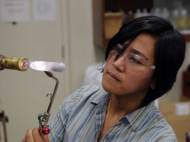
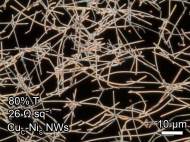
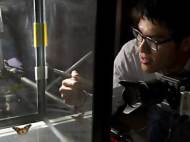


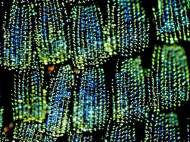
Leave your response!